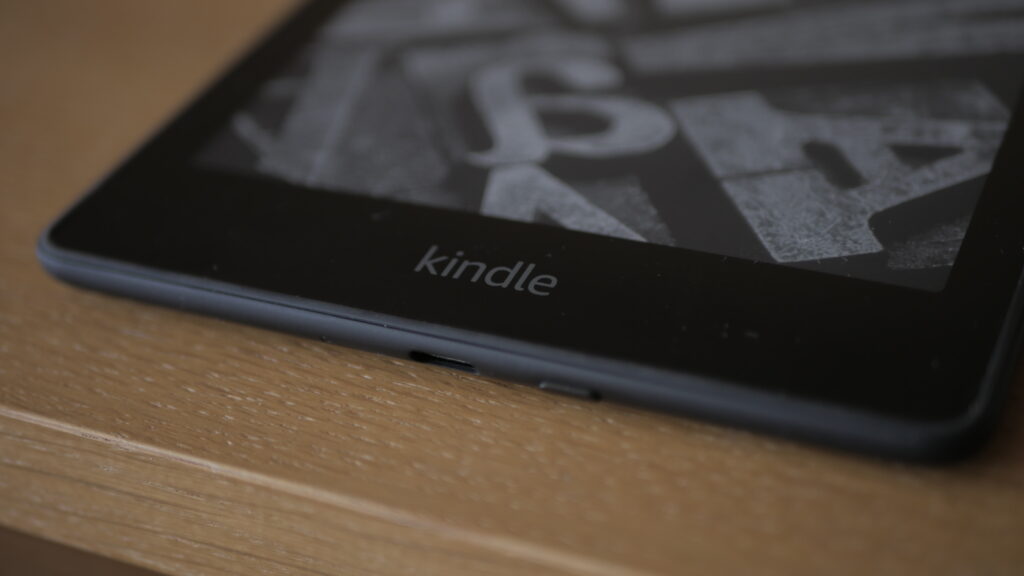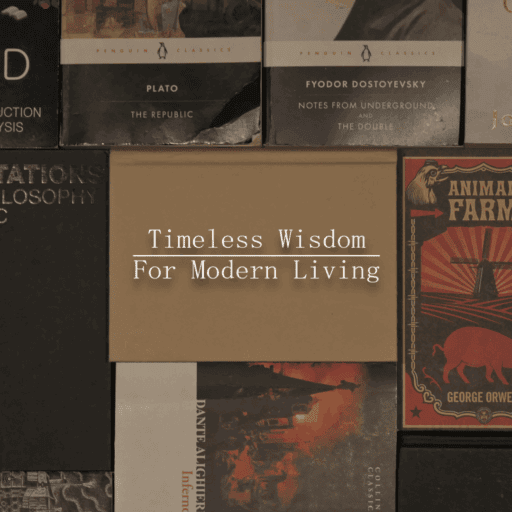
You have problems. Everyone does. But how should you go about solving them? This is the purpose of research
What are the characteristics of great research? You need to know them first, before you begin any form of research. Here’s the complete guide: What are the Characteristics of Research? – A Guide for Design, Thinking & Learning
Introduction
Whether you’re deciding on whether to read Plato or Aristotle next, or debating on buying a new car.
We all have problems that need solutions.
The purpose of research doesn’t just apply to the academic or science world.
It applies to life.
Research involves gathering information in order to solve a problem, be it a practical or theoretical one.
Research is a fundamental tool that everyone should have in their toolkit.
Having good research skills can improve decision-making, encourage personal growth, and sharpen our thinking; this is why research is important.
What is Research, Really?
Research involves gathering information in order to answer questions or solve problems.
It’s that simple.
Research, of course, has its place in many different settings.
Thus, there is research that is more formal than others. This includes research done in academia, or for the purpose of scientific investigation.
More informal types of research include basic Google searches, or asking people you know for information on a certain topic.
We are researching all of the time. It’s just that most people don’t realize it.
Even right now with you reading this post; you are here for a reason, that is, to understand the purpose of research in everyday life.
This is a problem and here is one (possible) solution.
The fact is that research is not just for academic scholars or professional researchers; it’s for everyone.
We all do it on a day-to-day basis. So, it would make sense to get really good at it, right?
The Purpose of Research in Daily Decision-Making
Some everyday examples include:
- Choosing what new pair of shoes to buy.
- Planning your next trip abroad.
- Deciding on what to book to read next.
- What part of your jiu jitsu game you want to work on.
- What words you’re going to craft into a sentence, when speaking to a customer at work.
Research makes the answers more clearcut.
It can help reduce feelings of uncertainty. Most people don’t feel anxious because they don’t know what to do; it’s because they have too many possibilities to choose from.
This is why good research skills can be practical in everyday life.
It doesn’t matter whether it’s a big or small decision.
Buying a house in the right location versus contemplating on whether or not you should have another coffee this morning: both are vastly different in scale, but they are both still problems.
The purpose of research in daily decision-making is to make choices based on logic, reason and knowledge, not irrational impulses. It’s all about being deliberate with your decisions.
Why Research is Important for Self-Growth
Self-improvement, personal-development, self-growth; they all have the same purpose.
The goal is to become better.
So why is research important for improving yourself?
In trying to improve yourself, what you’re actually doing is changing yourself.
You are letting some parts of you die a painful death, in order to grow something better in their place. This can be done at a micro-level, or on a large scale.
If you’re looking to build a new habit, for example, it’s important to know where to start. This is why research is important.
What resources should you look to for guidance?
How do you define a habit?
What causes habits to form naturally?
How can we build our own habits?
How can I become efficient at x, y or z, and make a habit out of it?
These are questions that need answering, and research is how you find these answers.
Why research is important becomes obvious when you are tearing yourself apart and asking yourself questions.
It’s important to be able to think critically when it comes to changing yourself.
It must be done in the right way so you don’t waste years bashing your head off a wall, asking yourself why you can’t read 5 pages of a book every single night.
Research is information, and information helps us to steer towards the path we want to be on.
Research as a Tool for Critical Thinking
How does research aid critical thinking?
It encourages skepticism, analysis and fact-checking.
These are the pillars of critical thinking.
Without them, there would be no concept of what it means to think and ponder deeply about something. Our conclusions would be chaotic, and the world would be a jumbled, irrational mess.
Bias is everywhere. Sometimes we’re aware of it, and sometimes we aren’t. Cognitive biases exist for this reason.
Just because you see an esteemed organization preach a certain viewpoint, it doesn’t mean that the viewpoint is automatically correct.
Marketing is persuasion. Literally.
Thus, human beings are capable of being swayed.
It is important to evaluate sources and do some digging, looking beyond the big picture in the search for truth.
Always check as to where the information is coming from and if it’s reliable, and supported by evidence.
It’s easy to fall into an echo chamber of ideas.
If you only look at the same tweets from the same 100 people that you follow on X, is there much of a chance that your own, and their own, perspectives are being challenged? Probably not.
Don’t lock yourself into a room with regards to information. Consume from anywhere and everywhere in order to see all sides of the same coin.
The benefits of research come from adopting a good sense of judgement. You will gain clarity if you practice research as a tool in your daily life. Go make it a habit.
4 Steps to Develop Better Research Habits in Everyday Life
If you want to develop better research habits in everyday life, here are the 4 steps you need to follow:
Step 1: Question Everything
Do it rigorously.
Follow-up questions will be your best friend.
Use the 5 W’s as a guide; who, what, when, where, why. Even throw in a how.
This will increase your understanding on any topic, and if it is reliable information, it will withstand the scrutiny of some light questioning.
Step 2: Read from multiple sources
Read Plato.
Read books people have written about Plato.
Watch YouTube videos on people who hated Plato’s ideas.
Find articles supporting his ideas.
In other words, read from as many sources and viewpoints as possible. This will widen your field of view. You might be able to see things that others have missed as a result of limited thinking.
Step 3: Take notes
Obsidian, Notion or Kortex are good digital writing tools.
If not, a simple notebook can work wonders.
Write down key ideas, quotes, or concepts in your own words. Gather a database of information and compare your notes.
Step 4: Read daily
Pick a book and read for 10 minutes a day.
Do 5 minutes if that’s too much for you.
It doesn’t matter how much or little you can or can’t do. Forget about intensity. The main thing is consistency.
Just focus on reading about a new topic or interest everyday. This will serve as the raw material for your machine-like brain in generating new ideas. The digital age has given every single person on this planet an encyclopedia of knowledge at their fingertips. Thus, use every tool you have available. Youtube, Reddit, Wikipedia; it all helps.
The bottom line when it comes to adopting new habits is this: focus on consistency and forget about intensity at the start; you can always build later.
Conclusion
To recap, research is for everyday life.
It is used in every single life situation, even when we aren’t aware of doing it ourselves.
The purpose of research in everyday life is to:
- Make well-informed choices.
- Improve oneself by closing the gaps in our knowledge.
- Gain clarity in the mind.
Improving your research skills serves as one of the most practical ways to level up in life. Start building up these habits to become a intellectual force of nature.
Try to approach your next problem like a researcher.
Check out more posts here: https://timelesswisdomformodernliving.com
Follow us on X for daily insights: https://x.com/twfml
